Almost two-thirds (63%) of fleets cite customer demand as behind their decision to switch to alternative fuels, and the speed at which they do it, according to new research from Teletrac Navman.
More than half (58%) of the businesses surveyed also highlighted their own brand reputation and sustainability goals as the leading drivers in their energy transition.
The switch away from diesel appears to be far more weighted towards customer perception and demand than it is a compliance priority, with just 29% suggesting regulatory pressure and Government mandates was guiding their decision making.
“Fleets are focusing on their own net-zero goals as a part of their corporate reputation and long-term commercial strategies, rather than just seeing it as a compliance checkbox,” said Alain Samaha, CEO of Teletrac Navman.
“Customers recognise the importance of sustainable operations, and according to our research, are making active decisions around the businesses they support based on their sustainability credentials.”
The survey’s findings are included in a report – Mobilising the Future of Fleets Report: 2025 Energy Edition – from the telematics company, which also reveals that fuel continues to be a critical and volatile cost centre. So-much-so that fleets are favouring getting the most out of their current set-up, with 84% focusing on operational improvements rather than considering new vehicle investments.
Regular vehicle maintenance (49%), optimising vehicle utilisation (36%), and investing in driver training (28%) are some of the key areas of investment cited by fleet businesses globally to ensure better handling of their existing vehicles on the road.
Conversely, a significant 61% of fleets are making Capex investments by upgrading to more fuel-efficient vehicles (48%) or switching to those using alternative fuels (31%), indicating an important focus on the type of vehicle being used and a longer-term approach being considered by businesses when reviewing and planning for their carbon reporting and impacts.
The report also uncovered that the larger the fleet (by number of vehicles), the more advanced these businesses were in their transition.
Almost two-thirds (62%) of fleets with 50 or more vehicles indicated that they were already tackling their sustainability performance, with an active strategy to continue improving.
A similar proportion (61%) of operators indicated that they used more than one energy type, with 32% using three or more energy sources; PHEV (39%), BEV (37%) and natural gas (23%) were the most widely adopted alternative energy sources.
Furthermore, 8% of fleets had already transitioned at least half of their fleets and 48% expected to reach the same milestone within the next two years, increasing to 85% of fleets in the next five years.
“The push for fleet sustainability is at a pivotal moment,” continued Samaha. “There is no single viewpoint on the best path forward and while concerns persist, many operators see decarbonization as a strategic advantage.
“The pace and feasibility of adoption remain points of debate, however, access to accurate data and actionable insights will be critical factors in making informed decisions that align with both business needs and sustainability goals.”

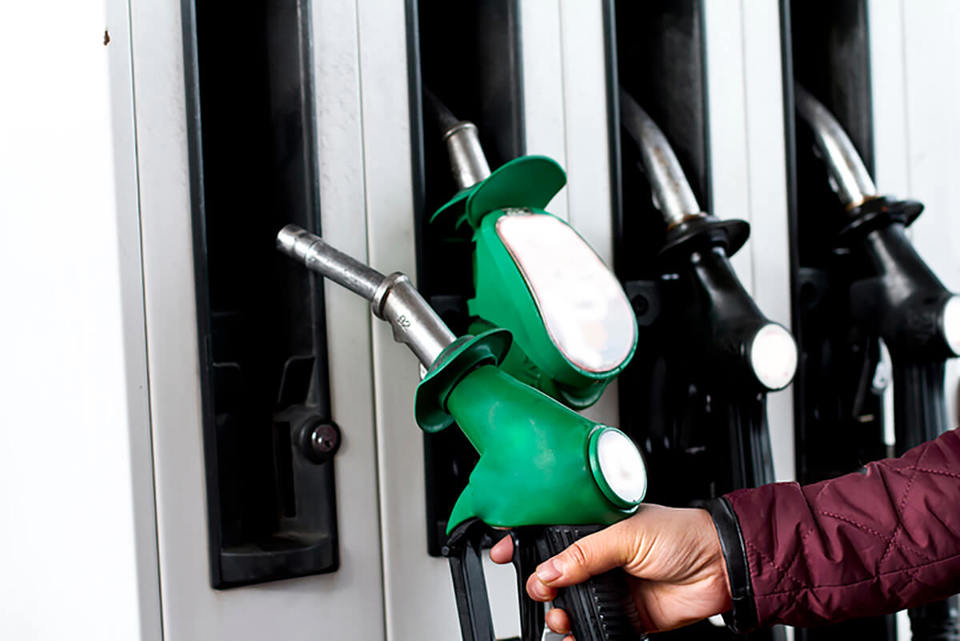
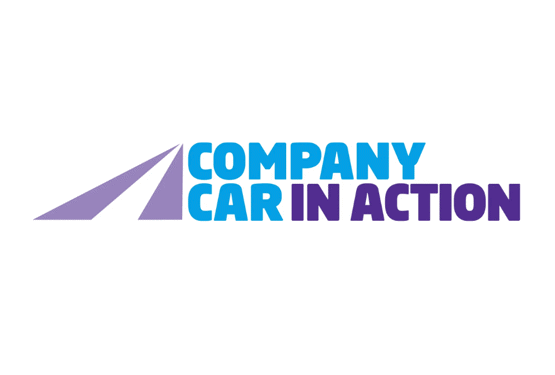



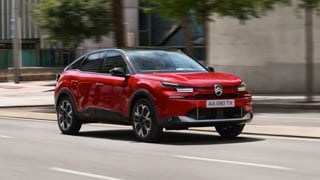
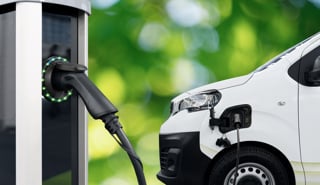
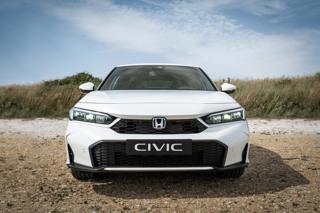
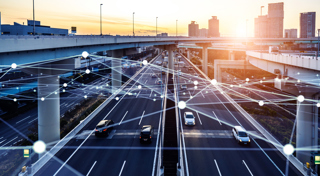
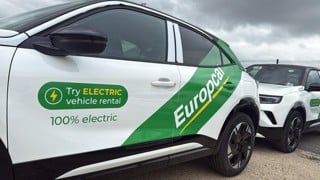












Login to comment
Comments
No comments have been made yet.